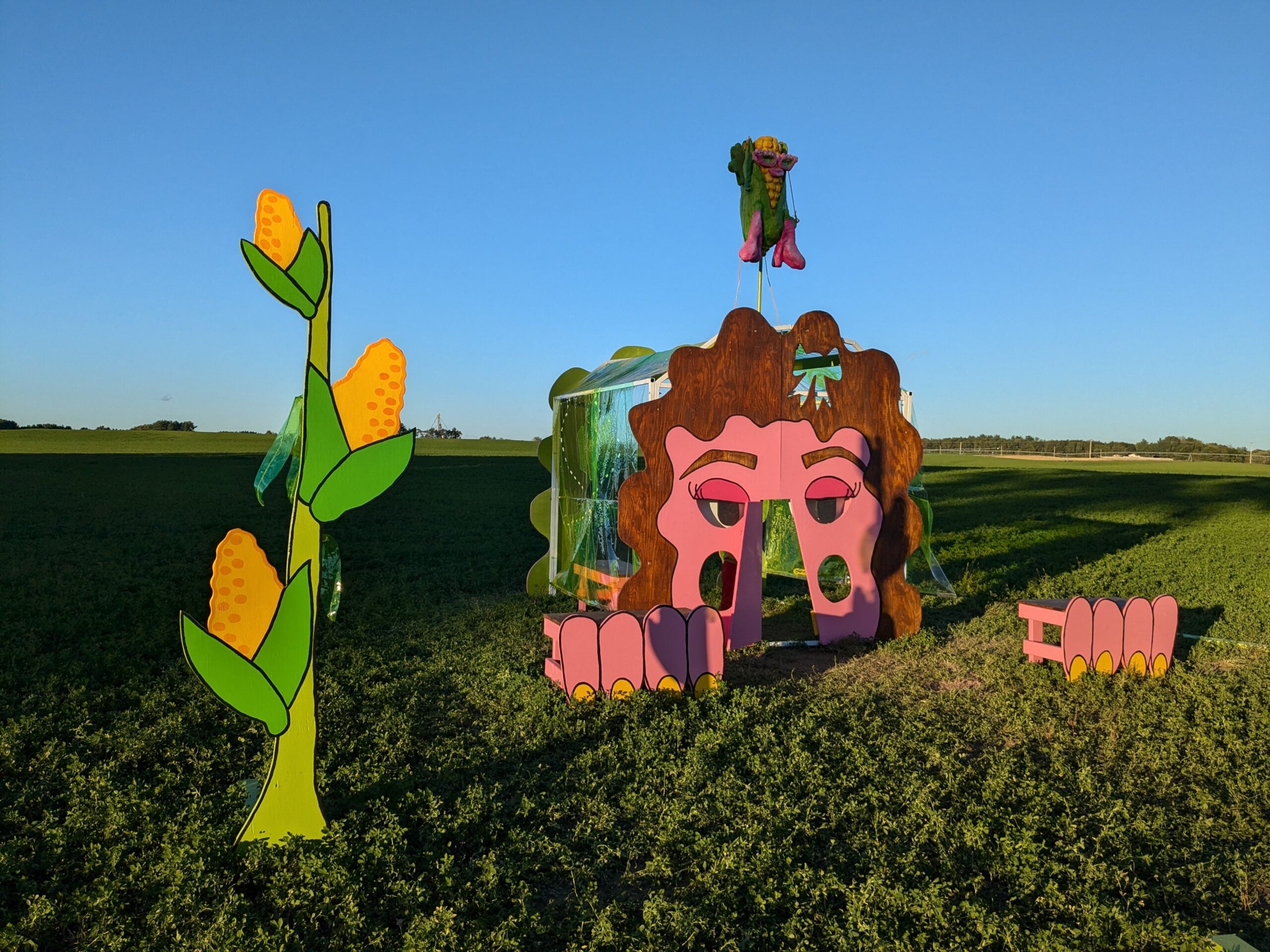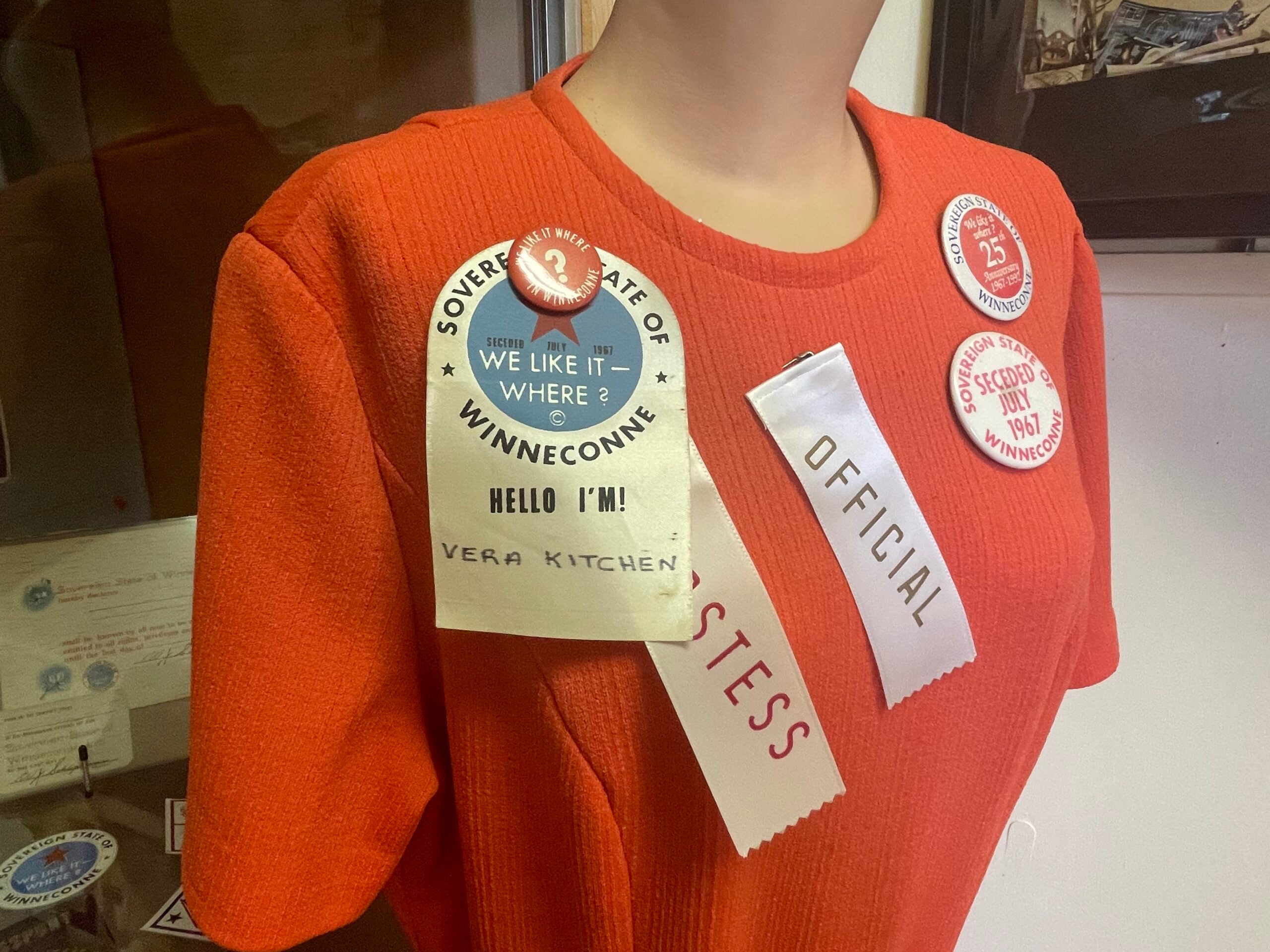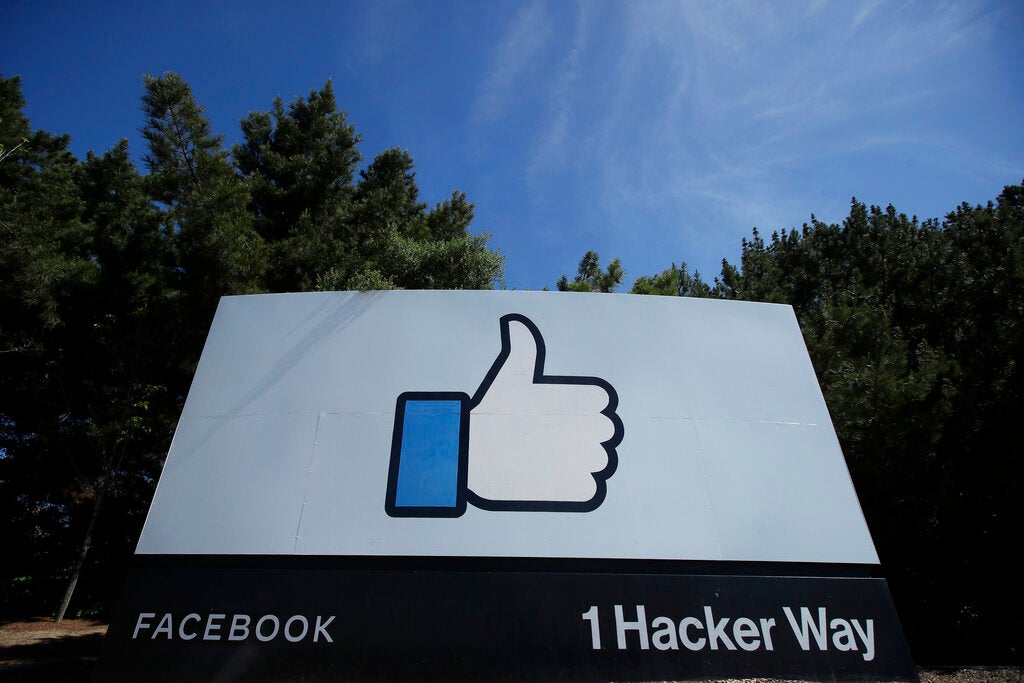
Photo: Wisconsin Historical Society
In this image, Jimmy Clark rings in a New Year as “Baby New Year” in cowboy boots and a sash while standing atop a case of Appleton’s local Adler Brau beer and holding a cigarette (it was the 1950s). Clark was clearly not the baby that year, 1954, but he represented a custom that goes back thousands of years.
Stay informed on the latest news
Sign up for WPR’s email newsletter.
The tradition of “Baby New Year” can be traced back to ancient Greece. The Greeks believed that Dionysus, the god of fertility and wine, was reborn every year as a spirit of fertility and luck. They celebrated with a baby in cradle. Ancient Egyptians also symbolized the birth of the New Year with a baby.
Babies born on New Year’s Day are generally considered lucky and their arrivals heralded in the newspaper. “Lawrence Frank Upthagrove has requested Mayor Walters to telephone the Journal that he is Stevens Point’s first New Years baby,” read a 1911 article in the Stevens Point Daily Journal. It seems unlikely that baby Lawrence made that request himself but New Year’s babies are exceptional.
In Monroe, the lucky New Year’s Baby of 1948 received gifts from local businesses. To stop any would-be cheaters, the doctor’s signature was required to win.
And in Menasha in 1948, Mr. and Mrs. Edmund Shukoski won the New Year’s lottery with a second New Year’s baby. The Shukoskis won their first first baby of the year in 1946. But it seems holiday births were nothing new to this family of eleven. Dad and one of the boys were born on Thanksgiving, another on July 4 and another on Christmas Eve.
Wisconsin Public Radio, © Copyright 2024, Board of Regents of the University of Wisconsin System and Wisconsin Educational Communications Board.






